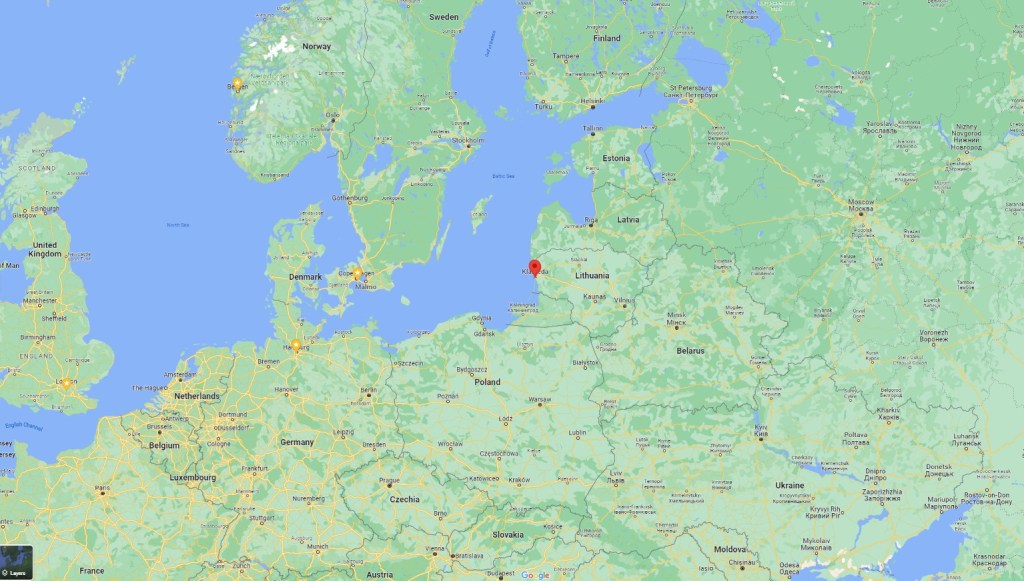Eclipse Ventures is a VC firm based in Palo Alto, CA. Their goal here is to provide venture investors with information on the carbon reduction potential of different technologies for physical industries. It actually goes further to identify a few companies working on each sort of technology. For investors, it gives a tool to estimate the market for a technology and an indication of how a startup might perform.
It does so using an open platform called CRANE, which they claim will soon be open-source. CRANE was developed by Prime Coalition, a climate non-profit, and Rho Impact, a climate advisory service.
The idea of such a tool is to encourage investors to back firms that will genuinely reduce carbon impact. Time will tell if people will use the tool, and also how accurate its prognostication is.
I am usually quite skeptical of ‘black-box’ predictors and analytical tools. It’s important to understand how they are actually doing the computations.
However, physical industries are major contributors to carbon pollution, and offer a tremendous opportunity for carbon reduction. Any way we measure it, reducing carbon output in those industries is a priority. Clearly identifying startups that could make an impact in those physical areas would be good.
We can couple that with the fact that physical industry startups have different requirements from software and artificial intelligence startups. They need substantial early funding, because their physical solutions require a test bed. And they need to be located near the physical processes they are trying to improve, rather than in some incubator or accelerator near the money sources.
Physical products from the start need to deal with serviceability. The ability to service the product must be designed in from the start. Products that fail to be serviceable will never be selected by operations people.
Software, on the other hand, follows a development path using a minimum viable product, which meets some customer needs, but not others. Software developers today rely on feedback from users to make the product more serviceable. Early adopters provide that input and drive the serviceability trajectory. And the engineers, or a few added customer engineers, can provide the support. As more and more users appear, they need more and more help and place larger demands on the software firm. Eventually, if a software firm is successful, the service of existing customers becomes much more important and more costly than new development. This trajectory has played out so often in the software industry as to be a cliche.
But the big jump in software service expense most often occurs long after the firm has exited the VC or early funding stages, either through an IPO or private placement or through sale to a large company. Early investors no longer have responsibility for the financing. So the venture investors don’t care.
This phenomenon explains why software ventures get funded more easily than physical product ventures.
I’m glad to see someone trying to make the case for physical industry investment, especially for sustainability and carbon intensity.
Full report: https://eclipse.vc/eco-report/
NEWS PROVIDED BY Eclipse Ventures
Aug 10, 2022, 09:00 ET
Eclipse Ventures Launches Framework to Quantify Climate Impact Potential for Technologies Disrupting Physical Industries


